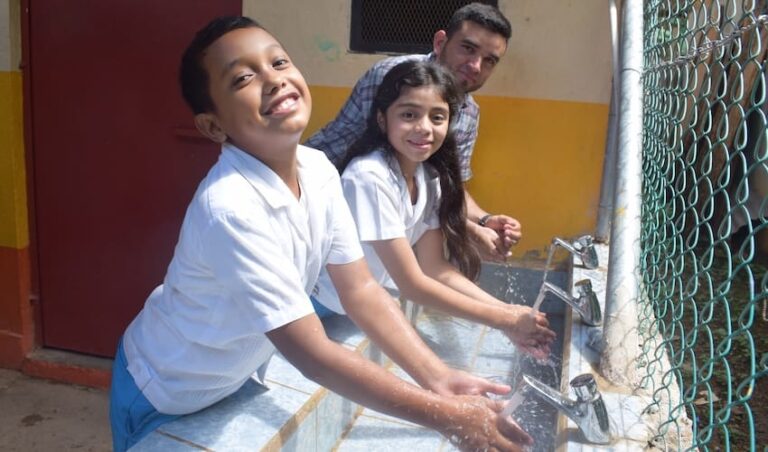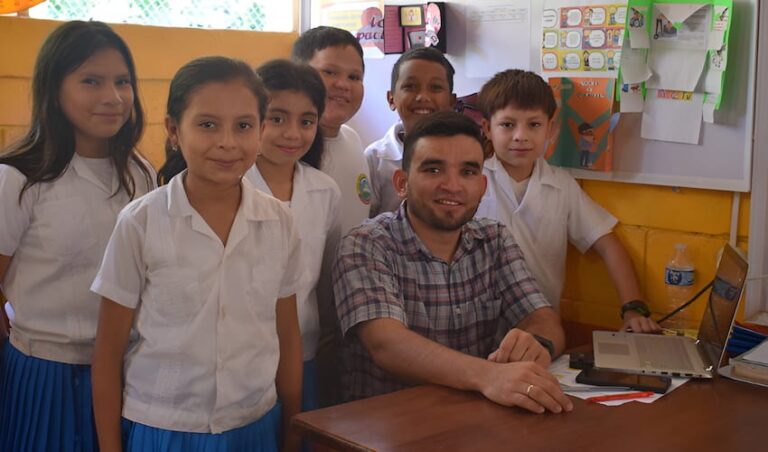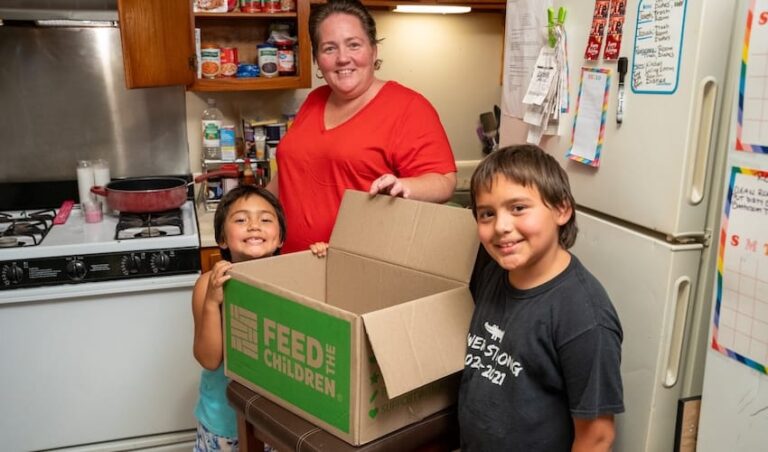
How Summer Hunger Affects Children
Hunger is around us every day. In fact, food insecurity is so widespread that it affects 1 in 8 children nationwide.
During the summer months, the problem can affect even more kids. Almost 30 million students in U.S. public schools qualify for the federally assisted meal program. Students who receive a free or reduced-price school lunch during the school year are especially at risk in the summer. That’s because when the school year ends, so do school meals for millions of children.
Feed the Children’s community partners help distribute food and household essentials during these months when parents are doing their best to stretch their budgets.
“There’s a lot of people that come through the line to get food for their children, and they’re hard-working people. They just don’t have enough money to make ends meet,” said Brent, who leads a Feed the Children community partner. “So, the extra food they get helps them put money towards other resources to help their family grow and continue on in life.”
It’s a sad fact that, right here in the United States, lunch at school can be the only real meal some kids get.
“I can’t stand to think about little kids going home when they’re hungry and they don’t have anything to eat,” said Cindy, an elementary school cafeteria manager.
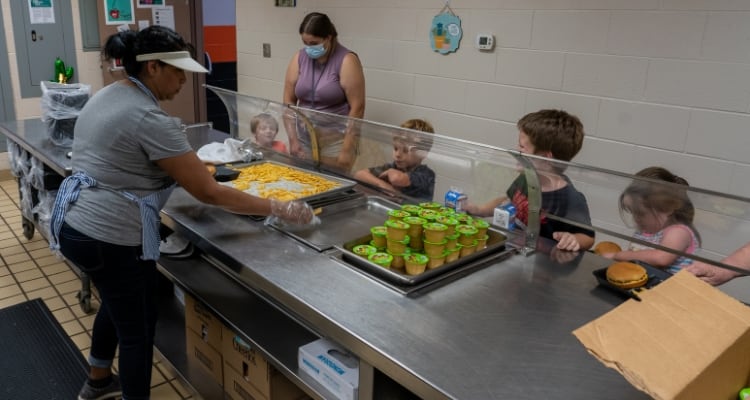
And it’s not just about missing a meal. Summer hunger can have some real, long-lasting effects. Research shows that food insecurity can cause physical and mental health problems and lead to poor educational performance when school begins again.
Good nutrition is a building block for children to grow up strong and healthy. Mountains of evidence show that even marginal food insecurity can be a significant predictor of poor health in children. Health issues like asthma, childhood obesity and diabetes can all be factors associated with food insecurity and lead to lifelong problems.
But it doesn’t stop there. Not having enough food puts children at risk for increased behavioral and emotional problems. Food insecurity also affects parents’ mental health. Depression and anxiety can impact their ability to nurture their children.
Many researchers have studied how food insecurity impacts a child’s ability to succeed in school. Just as food helps children grow up healthy and strong, it also nourishes their brains and sets them up for success in the classroom. So why do hunger and food insecurity in the summer even matter?
Summer learning loss, also known as “summer slide,” happens when students are out of school. It can be detrimental to a student’s academic achievement, but it’s more intense for children who don’t have enough to eat.
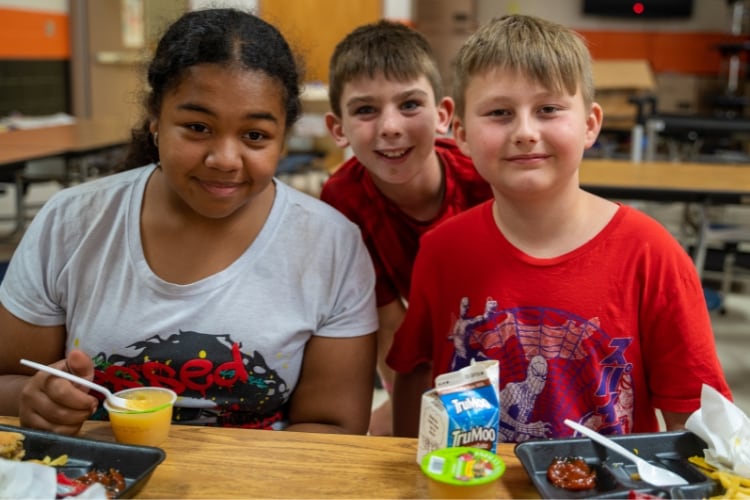
Without a solid academic foundation, children will have a harder time having a successful future and making their dreams come true.
Donors like you help families and their children dream big. Your gifts help ease parents’ worried minds and provide an extra meal for a hungry child this summer so they can see a future of possibilities.
“I want to be an archeologist because it’s something I really love. I’ve actually watched a few people do it, and it looked fun,” sixth-grader Peyton told us.
With your help, children can flourish and grow and learn and excel. And summer can be about fun and games and dreaming big.

